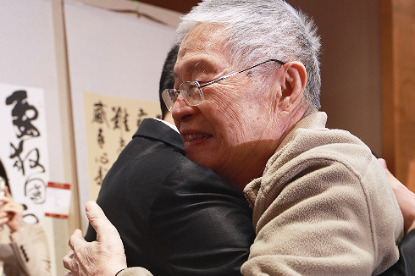Political adviser wants public CPR training

A national political adviser suggested promoting cardiopulmonary resuscitation and defibrillation (CPR-D) skills among the public to reduce deaths caused by cardiac diseases.
Less than 1 percent of patients with cardiac arrest are saved by cardiopulmonary resuscitation in China. While there are many reasons behind this low figure, one cause is lack of training among the public, which is far behind developed countries, Huo Yong, a member of the National Committee of the Chinese People’s Political Consultative Conference, said.
Nationwide promotion of CPR-D skills faces a lot of problems, including lack of national standard for CPR-D training and shortage of supervision from health authorities, Huo, also director of the Heart Center under Peking University First Hospital, said during the ongoing annual session of the national advisory body.
In the proposal submitted to the National Health Commission, Huo suggested the commission formulate regulations and unified standards on CPR-D rescue. Meanwhile, health authorities should help medical institutions to build CPR-D training centers, and better play the role of local emergency rescue centers and chest pain centers in providing and promoting such training.
Meanwhile, data collected by the training centers can be analyzed to help local authorities to improve policy making regarding emergency rescue and promote establishment of emergency rescue systems in their areas, Huo said.
- Taiwan youths recite family letters, evoking emotional response
- Taiwan youth share stories at commemorative event
- Scenery of populus euphratica forests in Xinjiang
- Chinese defense ministry says expelling Australian military aircraft justified, lawful
- Harvest season of cotton starts in Xinjiang
- 4 scientists awarded Shaw Prize in Hong Kong





































